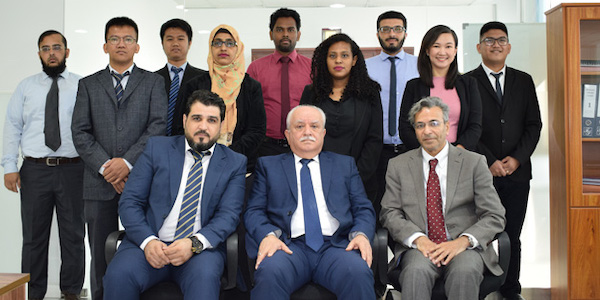
Ecovis in Dubai
Accountants, auditors, tax advisor, IT and business consultants in Dubai

Services
We provide comprehensive services in:


We provide comprehensive services in: